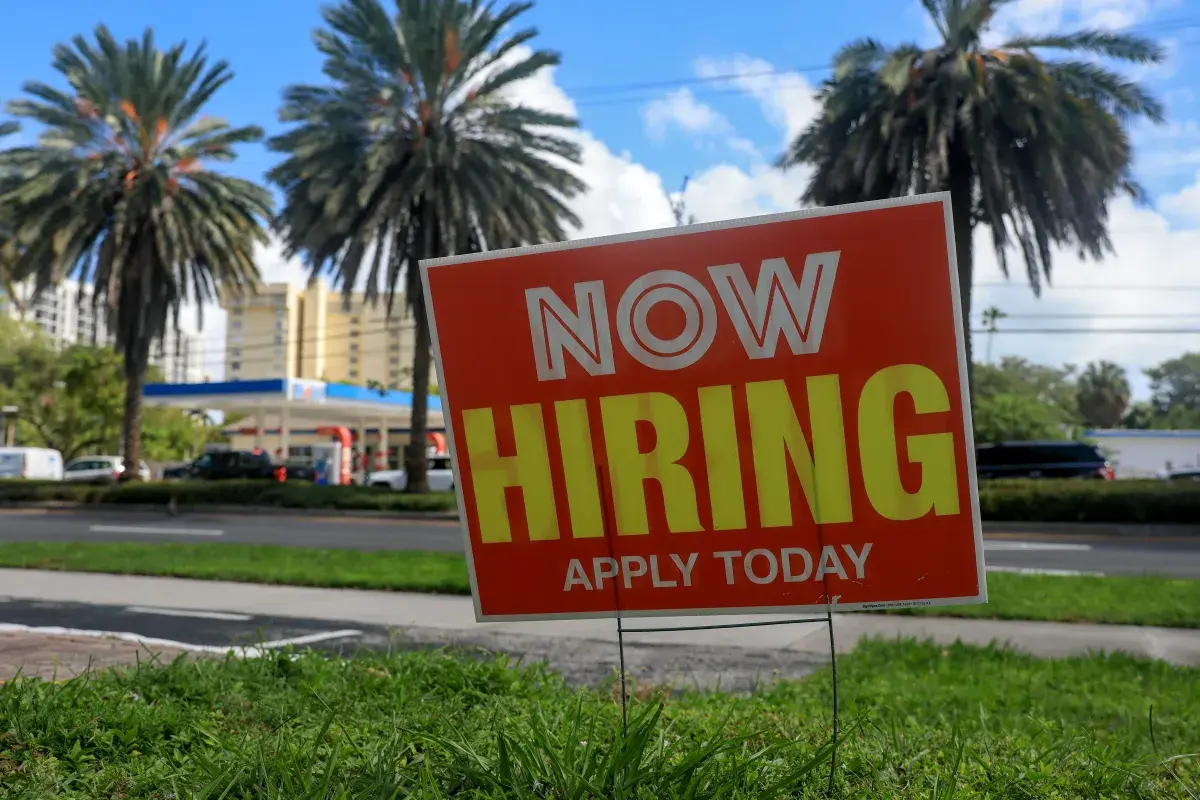Copyright Newsweek

Generations of Americans believed in the idea that with hard work every person, no matter their background, deserved a fair shot at the American dream. Today, that dream is slipping out of reach for too many. The nation’s recent report card from the National Assessment Governing Board should be a wake-up call for everyone who cares about our country’s future. Too many students aren’t able to read at grade level or do basic math, and the gaps between highest and lowest achieving students are growing. Public education, long considered the great equalizer, is failing too many students, leaving them disengaged, indebted and unprepared for a rapidly changing world. Recent employment reports show workers are struggling more than they have in years, as AI and changes in global trade dramatically reshape the economy. Tomorrow’s economy, and much of today’s, requires well-prepared workers. We are living in a moment of profound change. Millions of Americans are at risk of being left out and left behind, without the skills they need to get ahead. And yet we are not fully preparing our people for the future—a future that will come whether we are ready or not. While the pace of change today can feel overwhelming, we can act to meet this moment and deliver on the promise of opportunity for all. We need a talent strategy for the 21st century—an American workforce strategy, just as we have a national security strategy. At a moment like this our most important investment should be in our people. Our economy can’t grow and our citizens can’t prosper unless we have an educated, trained, prepared and supported workforce. The Bipartisan Policy Center launched the Commission on the American Workforce to meet this crisis head on. As co-chairs of this effort—a Democrat and a Republican who have each served as governor of our state—we have convened leaders from across the country, from different sectors and political parties. We believe an approach based on common cause and common sense is an essential alternative to the dramatic shifts in policy we see from one administration to another. We favor practical solutions that last. At a time when politics overwhelms so much substance, the needs of American workers and our competitive future are something we can and should work on together. Our commission has adopted a set of guiding principles for this work. Over the next few months, the commission will turn these principles into actionable, bipartisan recommendations for policymakers. A principle that guides this work is our belief that we need a future-focused talent strategy, one that supports people from early childhood to school and throughout their career. We need new approaches to cultivate a resilient, supported, skilled workforce and produce well-informed, engaged citizens. Our education, training, workforce and family support systems need to be reimagined to become innovative, responding quickly and effectively to meet the emerging needs of a dynamic economy. Achieving this will require us to reimagine the role of the federal government, while ensuring it continues to play its essential functions. Federal investment in research gives policymakers the evidence they need to make informed decisions. Strong data systems help us understand what works and where policies may have unequal impacts on different groups of Americans. And upholding civil rights protections in education is an important safeguard for fairness and opportunity. Any new solutions should be fiscally responsible. Public expenditures on education and the workforce must come with accountability to demonstrate the return for taxpayers in the form of outcomes for students, workers and the nation’s economy. A successful long-term strategy will need to forge partnerships between federal and state government, and with the private sector. States and localities are often in the best position to understand their local workforce needs, and we should empower them to lead. And the private, nonprofit, philanthropic, higher education and advocacy sectors play critical roles in advancing and sustaining successful education and workforce policy. Listening to people in our states and across the country, we hear people yearning for a government that works for them, one that cares about workers and families and is committed to supporting them so that everyone—regardless of income level or background—has an equal opportunity to get a great education, a good job, and the chance to live their American dream. To make that happen, people deserve a government that anticipates the future and prepares for it; one that puts people ahead of politics and delivers solutions to the challenges we face. Generations of Americans before us met their moment, prioritized progress over partisanship and found innovations that sparked decades of improvements for American veterans, students, workers and families. We must act with that same resolve today. Bill Haslam served as governor of Tennessee. Deval L. Patrick served as governor of Massachusetts. Both are co-chairs of the Bipartisan Policy Center’s Commission on the American Workforce. The views expressed in this article are the writers’ own.



